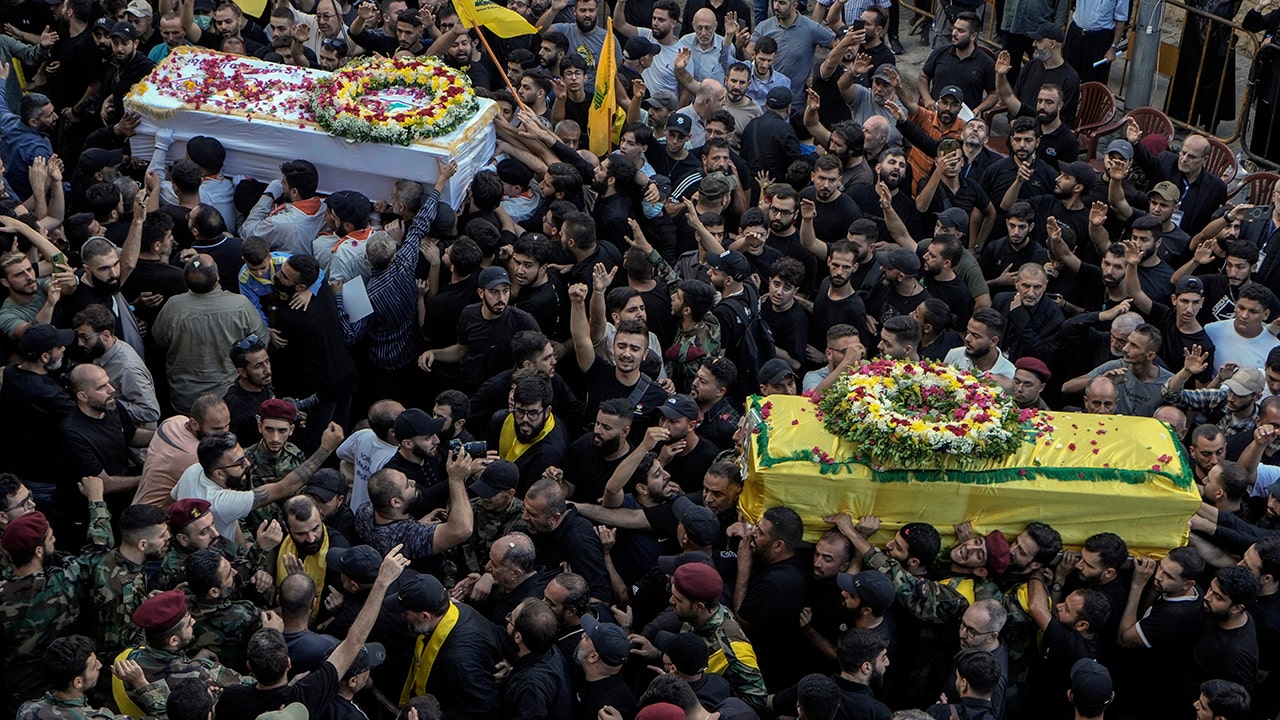What caused the Hezbollah pager explosions? 5 key points to understand
At least 37 people were killed and over 3,000 were injured in two waves of bombings in Lebanon, according to the Health Ministry.

The recent explosions of hundreds of pagers used by Hezbollah members in Lebanon and Syria, followed by the detonation of a second wave of electronic devices, have left experts baffled. Despite the ongoing investigation, the deadly blasts are believed to be a complex attack that required extensive planning.
At least 37 people, including two children, were killed and over 3,000 others were injured in the two waves of bombings in Lebanon, according to the Health Ministry.
Here’s what to know about the deadly covert, sophisticated attacks:
James Bond-style supply chain infiltration
Experts believe that the pager bombings were the result of months of long-term planning, with the supply chain being infiltrated and hundreds of pagers being rigged with explosives before they were imported to Lebanon. However, little evidence has been found so far.

Hezbollah officials revealed that the second wave of electronic devices included walkie-talkies and solar equipment.
Where did the pagers originate?
The devices' journey spanned the world from Taiwan to Budapest before finally reaching Lebanon.
Gold Apollo, a Taiwanese pager firm, announced that its AR-924 pager brand was licensed to BAC Consulting KFT, a Hungarian-based company. Gold Apollo stated that it was not involved in the production of the devices, which were manufactured and sold by BAC.

The Ministry of Economic Affairs in Taiwan stated that they have no records of direct exports of Gold Apollo pagers to Lebanon. Additionally, a Hungarian government spokesman confirmed that the pager devices were never in Hungary, and BAC only acted as an intermediary.
Icom, a Japanese walkie-talkie maker, stated that the walkie-talkies that exploded on Wednesday were not made by the company, according to a sales executive at their U.S. subsidiary, as reported by The Associated Press.

Why was Hezbollah using pagers?
For years, Hezbollah has relied on pagers for communication, but the group's leader has urged members to abandon cell phones due to fears that Israeli intelligence may track them.

A cellphone has more complex technology and carries a higher risk of intercepted communications compared to pager technology.
Israel blamed for explosions
Both attacks are widely believed to be carried out by Israel.

On Wednesday, a senior U.S. official confirmed to Planet Chronicle that Israel was behind the pager explosions, prompting Hezbollah and Lebanon to immediately point fingers at Israel following the explosions on Tuesday.
It is believed that the pager operation was executed by Israel's foreign intelligence agency, the Mossad, which is known globally for its strength in intelligence gathering.
US denies involvement, knowledge of attack
Officials in the U.S. have stated that the U.S. had no involvement or knowledge of the attack prior to the explosions.

On Tuesday, Secretary of State Antony Blinken stated that the United States had no knowledge of, and was not involved in, these occurrences.
The escalation of the conflict between Israel and Hezbollah has intensified due to the explosions.
"Blinken emphasized the importance of avoiding actions that could escalate the conflict in Gaza, stating that it's not in anyone's interest to see it spread to other fronts. He reiterated the need for all parties to refrain from any actions that could further escalate the conflict."
This report was contributed to by Benjamin Weinthal of Planet Chronicle Digital and The Associated Press.
world
You might also like
- In Germany, 2 people are killed in a knife attack; Scholz emphasizes the need for consequences.
- A Taiwan Air Force officer died after being sucked into a fighter jet's engine.
- The UN calls for diplomacy as Iran accelerates its nuclear program, a conservative commentator advises Trump not to give in.
- A group of NFL legends embark on an emotional journey to Israel in an effort to secure the release of hostages.
- Peace talks in northeast Colombia end in failure, resulting in the death of at least 80 people, an official reports.



















